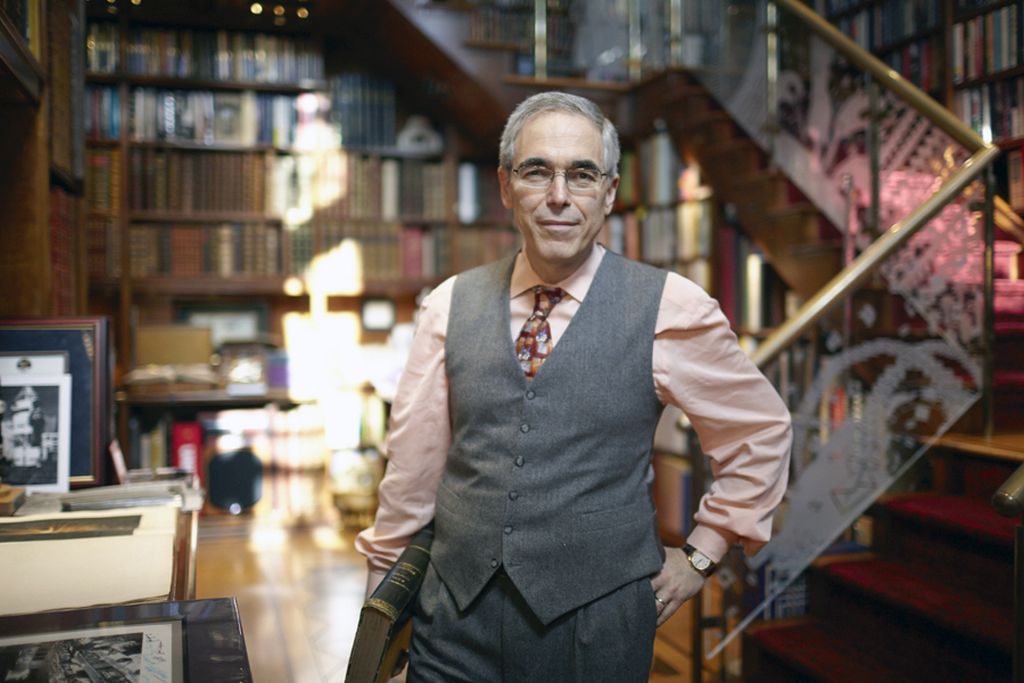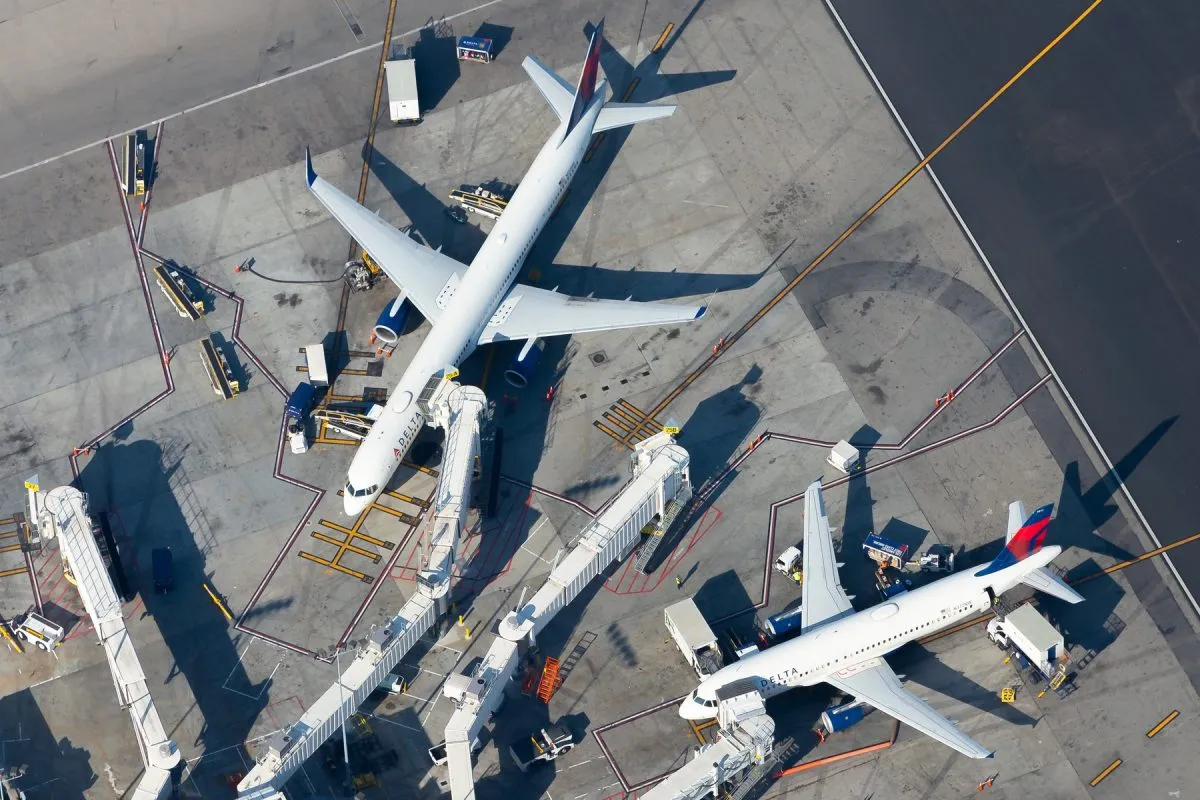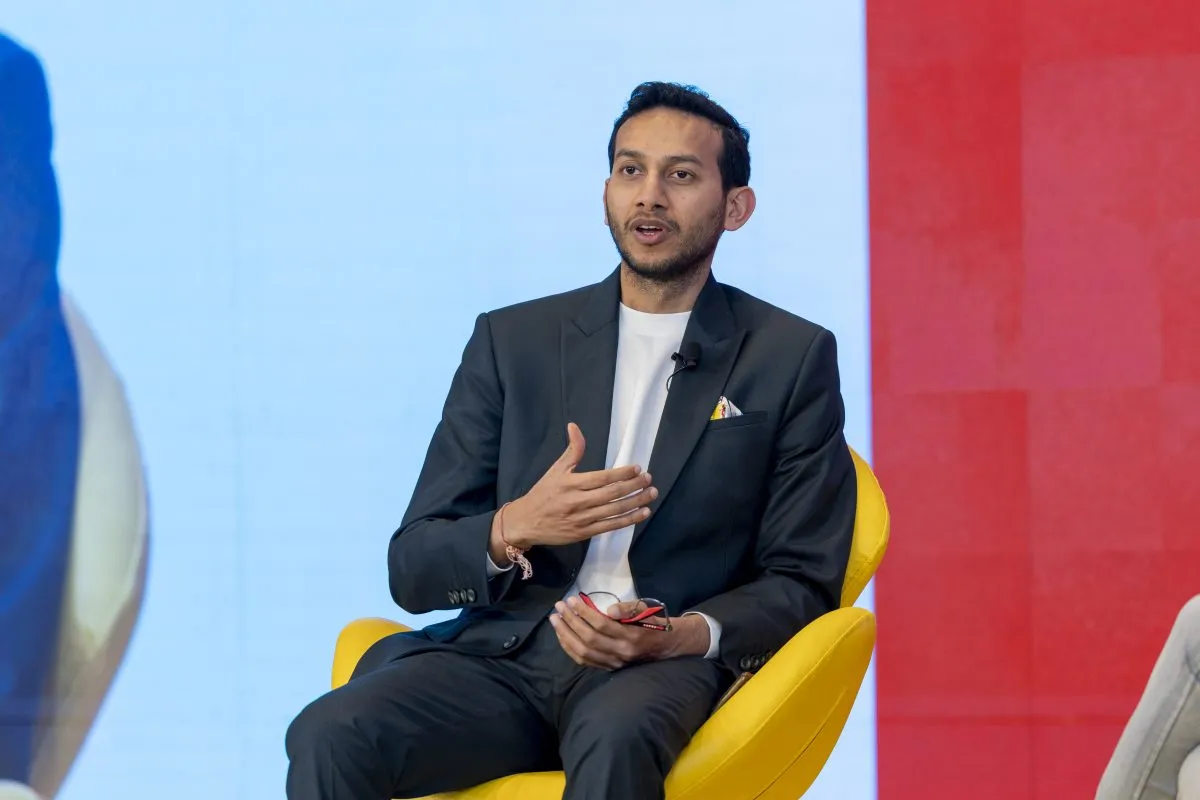Flight Centre Invests in Jay Walker's Biz Travel Company Upside

Skift Take
While many companies in the last few years have launched with the goal of disrupting the business travel marketplace, most have experienced serious growing pains along the way.
Upside, which launched in beta in 2016 with big plans to reinvent how business travelers book their trips, has received an investment from Flight Centre Travel Group alongside a commercial agreement to cooperate on distribution matters.
After acquiring a 25 percent stake in Upside, Flight Centre has become the largest individual shareholder of the company. The price Flight Centre paid for the stake was not disclosed.
The deal follows Flight Centre's recent investment in 30SecondsToFly and its acquisition of mobile chat provider Sam. It is also Flight Centre's second corporate travel acquisition in less than a year, after the company purchased California-based Casto Travel late last year. The value of the investment was not disclosed.
Flight Centre operates a variety of business travel brands including Corporate Traveller, FCM Travel Solutions, and Executive Travel. Key to the deal is Upside's intellectual property in the artificial intelligence, machine learning, and packing technology spaces.
"They needed access to content and a good supplier network, and we need more access to technology assets," said John Morhous, Flight Centre Travel Group's chief experience officer. "They were not looking to be completely bought out as part of the transaction... And from our perspective, we're not looking just to do just one particular deal either. From our vantage point, there's lots of different solutions out there and sometimes a JV works better than an acquisition."
Market Mistake
Jay Walker, the founder of Priceline, wanted to bring consumer travel packaging to business travelers while rewarding them with gift cards for making more affordable choices. The idea for Upside was born, leading the company to raise $50 million from venture investors. Travelers would be sold packages of flights, car rentals, and hotel stays in a bundle and receive gift card rewards based on what they booked. Later on the company added traditional online travel agency-style booking.
The problem is that going after individual business travelers is a much more complex and expensive proposition than signing on entire companies and the thousands of business travelers they employ. This is a lesson that Paul English's Lola learned in recent years after pivoting away from enticing individual travelers to providing light travel management tools, a move which culminated in an investment and partnership with American Express Global Business Travel that seems similar to the Upside agreement.
Upside turned to marketing gimmicks like free Bose headphones for making a booking on the site to bring customers into the fold. It also ran a variety of radio ads in markets around the U.S., hoping to entice business travelers who may not work at a company with a serious travel policy, and partnered to create a booking site for Wall Street Journal readers.
The most active, and lucrative, business travelers already likely book through a traditional travel management company, meaning Upside faced an uphill battle in the marketplace regardless of its marketing spend. And without users, it's not only hard to generate revenue from commissions but also difficult to negotiate with travel companies to get their products for sale on your platform in the first place.
Time to Pivot
In the middle of 2018, Upside quietly began to pivot to more of a traditional business-to-business travel management play rather than a direct-to-consumer booking site; individual travelers can no longer just go on the site and book. It now offers corporate clients 3 percent cash back on all company travel once a $100,000 booking threshold is reached.
At the same time as the pivot, Upside's Chief Commercial Officer Jason Wynn began talking to Flight Centre about working together.
"The deal has a couple components to it, the most immediate is this space that we're going after, the [small- to medium-sized business] space, clients that don't have their own policy, that don't need to have offline phone service for origination, they had a heavy interest in getting into that," said Wynn.
Startups entering the travel space often have issues with access to air and hotel content, and Wynn says Upside's relationship with Flight Centre will sort out all those issues for the company. In addition, Upside will develop a plan in the coming months to begin international expansion and leverage Flight Centre's global scale. It Is also testing a new air booking interface integrating ATPCO's Next-Generation Storefront.
"We were finding it challenging to scale with the economics we thought would be sustainable to grow the business over the long term," said Wynn. "It's really been trying to get as much game film as we can around this marketplace which has been underserved. We're talking about a group that hasn't been paying or using an entity centrally, trying to understand that group has all been a part of the last seven or eight months. Independent of the deal, we feel comfortable that our product-market fit is strong... our expectation and plan is to start adding more capital into the marketing aspect in the back half of the year."
So Upside is back at it again, with a new value proposition and the backing of one of the largest companies in travel. Whether travelers ever come to embrace booking business travel bundles, though, remains an open question.




